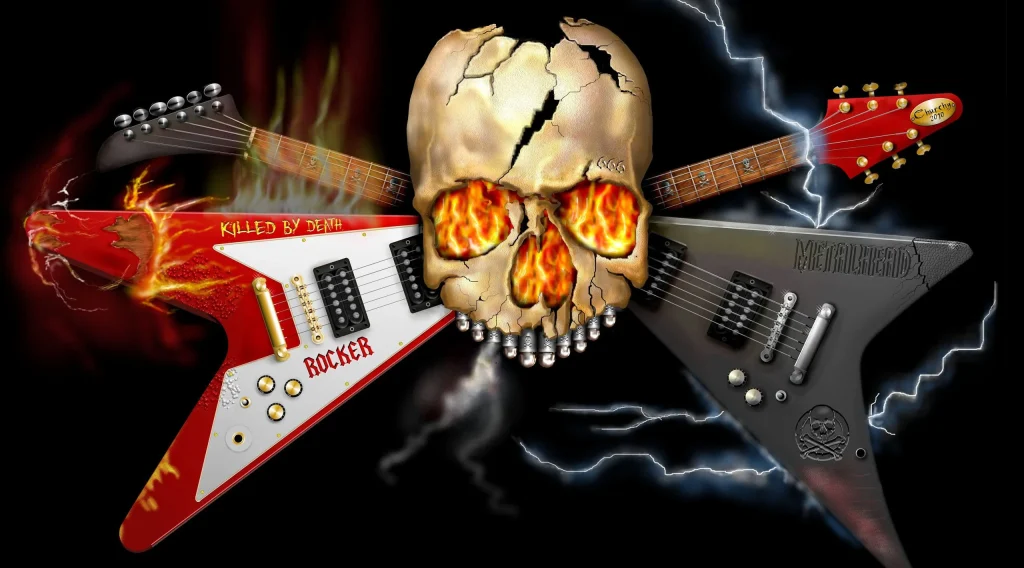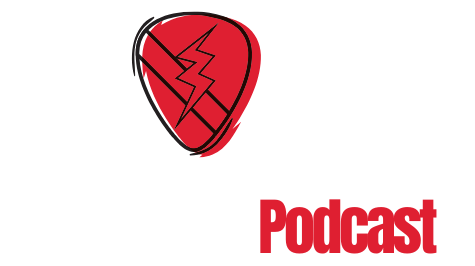
The rock and metal communities have long grappled with the use of genre labels, with many artists expressing concerns about their impact and origins.
Dee Snider and Sebastian Bach’s Twitter Exchange
In December 2020, Twisted Sister’s Dee Snider and former Skid Row vocalist Sebastian Bach engaged in a public debate on Twitter regarding the term “heavy metal.” Snider asserted that labels such as metal, hair metal, punk, and grunge were initially intended as derogatory terms. He noted that bands like Led Zeppelin and Black Sabbath “hated being called metal,” viewing it as an insult during their early careers. Bach countered, stating that “metal is not a derogatory term” and expressed concerns that such discussions could affect the genre’s perception and opportunities in the music industry.
Courtney LaPlante’s Perspective on Genre Focus
Spiritbox vocalist Courtney LaPlante shared her thoughts on the metal community’s emphasis on genre classifications. She observed that this focus might hinder a band’s creative evolution, as fans often perceive new musical directions as permanent shifts. LaPlante emphasized that Spiritbox doesn’t confine themselves to specific genres, stating, “I don’t care about genre, I just know we like making heavy music with low-tuned guitars.” Loudwire
Dee Snider’s Critique of Journalistic Labels
In an interview with Ultimate Guitar, Snider criticized writers and journalists for marginalizing metal through labeling. He argued that terms like “hair metal” were externally imposed to pigeonhole and dismiss certain music styles. Snider highlighted that many genre names were not self-applied but were assigned by outsiders, often with trivializing intentions.
The Use of Genres as Pejoratives
The blog Angry Metal Guy discussed how genre labels can serve as pejoratives within the metal community. The article highlighted that terms like “nü metal” and “metalcore” are sometimes used to demean bands, reflecting biases and divisions among fans. This practice underscores the subjective nature of genre classifications and their potential to create unnecessary rifts within the community.
Conclusion
The discourse around genre labels in rock and metal reveals a complex relationship between artists, fans, and the media. While some view these labels as restrictive or derogatory, others see them as necessary for categorization. This ongoing debate highlights the evolving nature of music genres and the importance of understanding their origins and implications.





